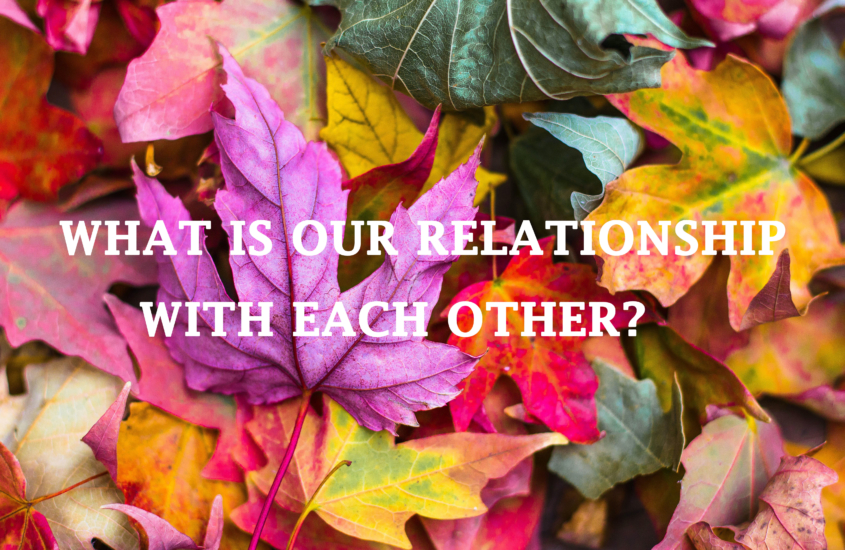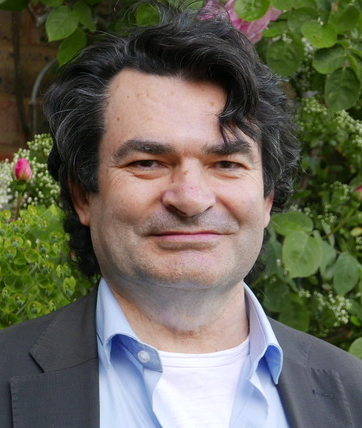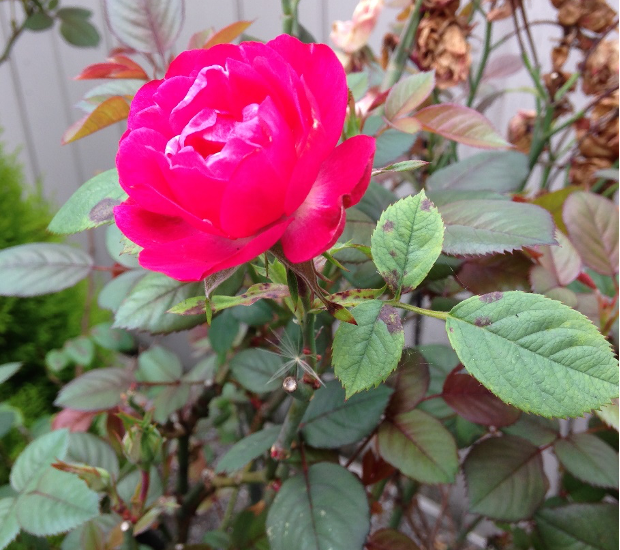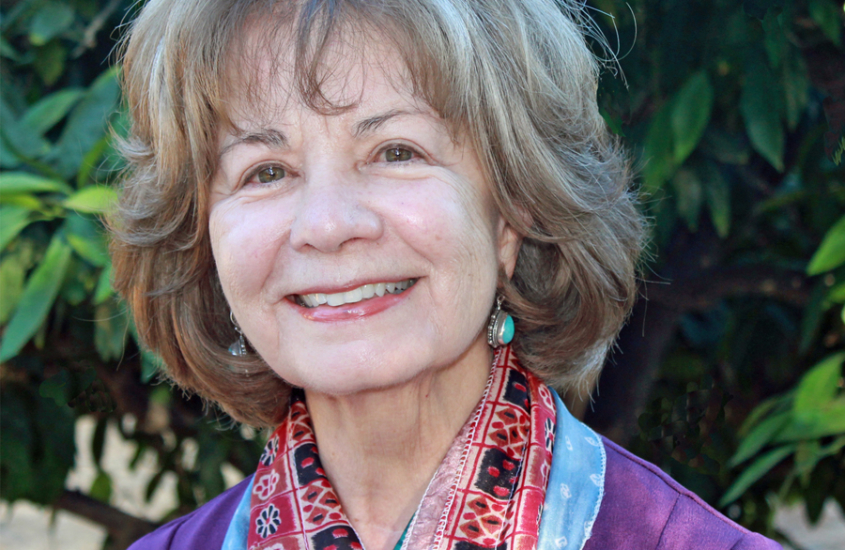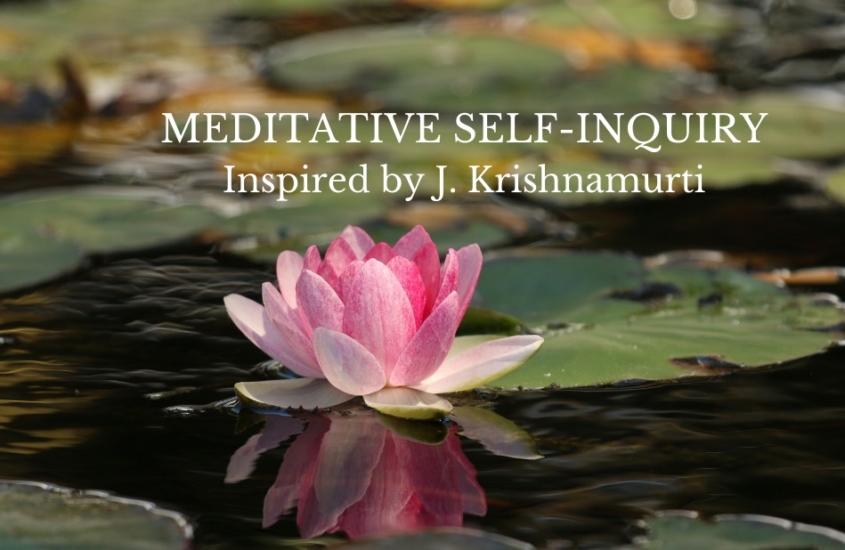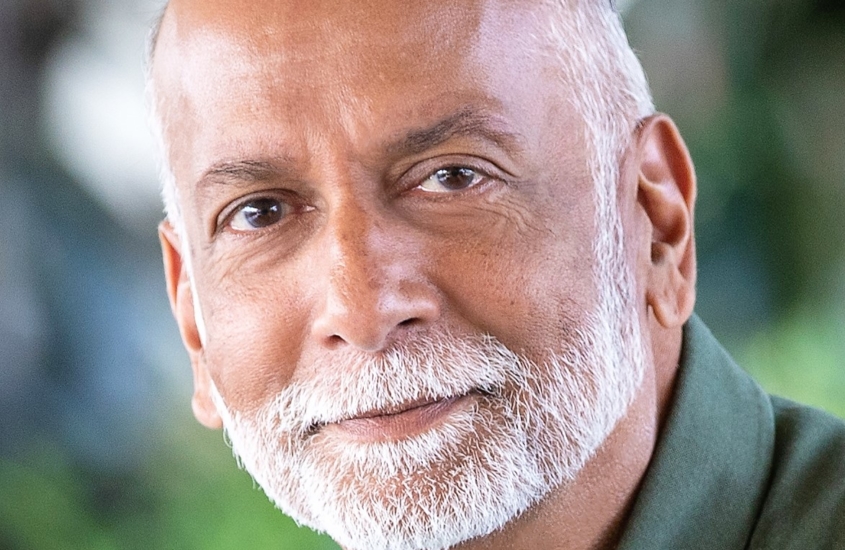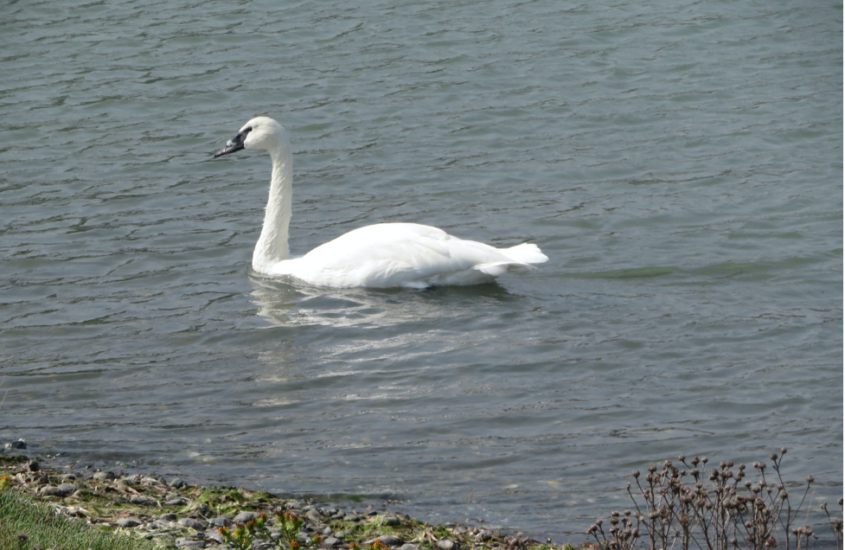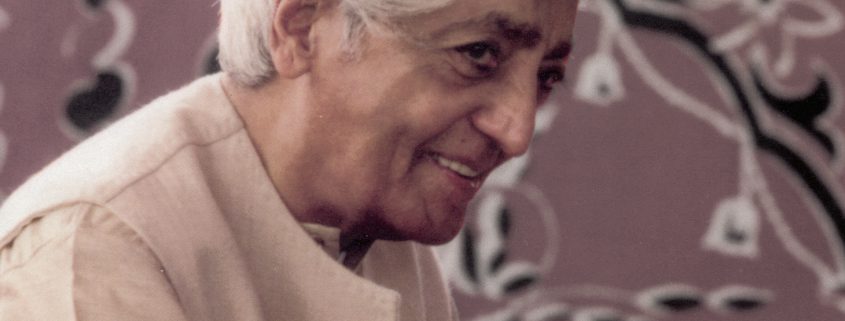Self Study Meeting, October 3, 2021
Self Study Meeting
Sunday, October 3, 2021
Zoom Online
Twelve people in total were in attendance for this Sunday morning meeting. The focus of the Self Study Meetings is to explore selections from The Book of Life: Daily Meditations with Krishnamurti. For this session the selections were the February 22 – 28 entries grouped under the title “Good and Evil”. The material covers more than just the issue of good and evil and, more specifically, raised questions about Krishnamurti’s ideas on the topics of “awareness” and “attention” and their relation to goodness.
The meeting began with a guided meditation on “total awareness without effort”, a common theme with K. The participants then had plenty of observations and questions about awareness and attention. A number of us admitted that we probably do not know what “total awareness” actually is, or what Krishnamurti means by it, which led to an interesting discussion of varied aspects of the issue. It was suggested that using such words as “total” might create a sense of something to be achieved or something fantastic that is beyond our usual experience. Different possible meanings of the term were explored and the significance of “not knowing” was also looked into in a lively group discussion that bordered on argument at times when people were interrupted while speaking. There was some interesting dialogue about the importance of questions, going beyond questions, and the need to provide answers or not.
At the end of the meeting the facilitator (DB) asked if those who had found value in the dialogue would raise their hands. Everyone still in the meeting (a couple had left early) raised their hand. Sometimes the interactions in this group are quite challenging to moderate but it seems participants still appreciate the opportunity to discuss these matters with others.

